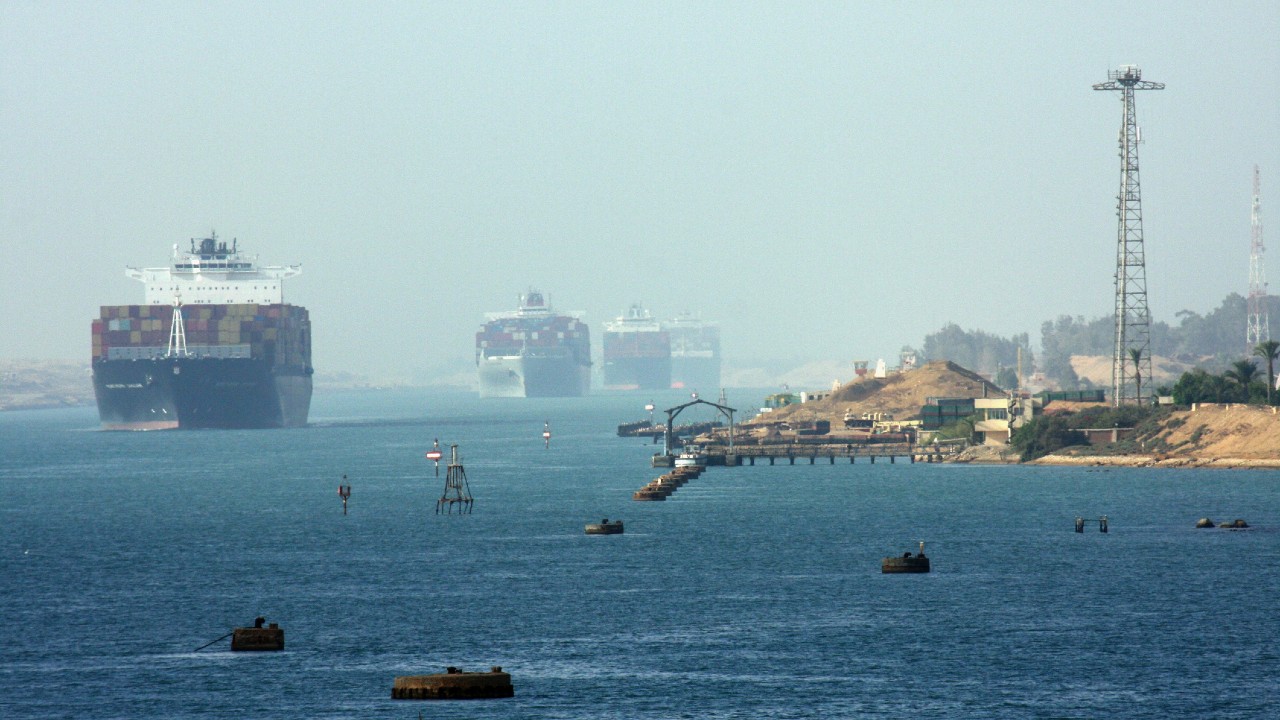Ongoing disruption has caused traffic in two of the world’s major shipping routes to fall significantly, according to a new United Nations Conference on Trade & Development report.
The report states that attacks on ships around the Red Sea and Suez Canal by Houthi rebels coupled with ongoing restrictions caused by a drought impacting on drafts in the Panama Canal have caused transit in the two waterways to fall by 42 per cent and 49 per cent compared with their peak times last year.
Shipping lines are diverting vessels away from the Suez Canal around the Cape of Good Hope, with 586 ships having taken the alternative route by the second week in February. This has added significant fuel costs and the loss of some time-sensitive cargo.
The report said if 100 per cent of container vessels using the Suez Canal on a Far East/Middle East/Indian subcontinent and Europe route (both directions) were diverted it would increase global container TEU-miles by 10 per cent.
Insurance premiums for vessels passing through regions affected by conflict have reportedly increased, with one source citing a 900 per cent rise for some shippers.
The report said it is the first time the world has faced ‘simultaneous disruptions in two major maritime waterways’ and that this had ‘far-reaching implications for inflation and food and energy security’.

